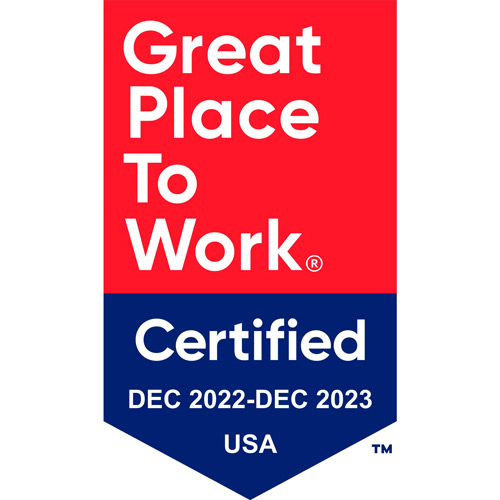Pharmaceutical Promotion Regulation: Ensuring Health & Trust
- Jessica R.
- October 19, 2023
- Edited October 19, 2023
Table of Contents
In today’s fast-paced era of medical breakthroughs, ensuring that pharmaceutical products are promoted accurately and safely is more critical than ever. Not just for the industry, but for the very consumers it serves. This isn’t merely about scrutinizing a captivating advertisement or dissecting the claims made by a catchy commercial. It’s about pharmaceutical regulatory compliance and the pivotal role it plays in our healthcare framework.
A robust adherence to these regulations isn’t just a nod to procedural formalities; it’s the bedrock of ensuring both our health and the trust we place in those promising to safeguard it. So, as we delve deeper into this topic, let’s shed light on why pharmaceutical regulatory compliance is so instrumental.
The Core of the Issue: Safeguarding Health
When it comes to our health, we shouldn’t take shortcuts. Neither should pharmaceutical companies. Medications, whether prescribed or over-the-counter, impact the lives of millions daily. If a company, in its promotions, exaggerates claims or hides side effects, it could potentially harm patients. This is where pharmaceutical regulatory compliance steps in.
Regulations are not mere guidelines. They are carefully constructed mandates ensuring that every medication promoted passes rigorous standards. These standards are there to guarantee that the medications we take are safe and effective. By adhering to pharmaceutical regulatory compliance, companies ensure the well-being of their consumers.
Trust: An Irreplaceable Pillar
Beyond just health, there’s a more intangible yet equally significant element at play: trust. The relationship between a patient and the pharmaceutical industry should be built on trust. When we pick up a medication, there’s an implicit trust that it will work as promoted and won’t harm us. Pharmaceutical regulatory compliance upholds this trust.
But how do these regulations promote trust? Simple. By ensuring that companies provide factual, well-researched information about their products. If a company breaches this trust, they not only risk backlash but also legal repercussions. For more details visit us at https://gmppros.com/.
The Impacts of Non-compliance
Skipping pharmaceutical regulatory compliance isn’t a minor oversight. Non-compliance can lead to severe consequences, both for the companies and the patients. For companies, they risk sanctions, hefty fines, and a damaged reputation. But it’s the patients who face the real dangers: misinformation, health complications, or even life-threatening side effects.
Moreover, non-compliance can erode public confidence, not just in a specific brand but in the pharmaceutical industry as a whole. It underscores the importance of always ensuring that promotions and advertisements adhere to pharmaceutical regulatory compliance.
Bridging the Gap: How Companies Can Uphold Standards
The path to ensuring pharmaceutical regulatory compliance is clear-cut. Companies must remain vigilant, always keeping up with updates and changes in regulations. Regular training sessions for staff, especially those involved in promotions, are crucial.
Third-party audits can also be beneficial. By having an external body review your processes and promotions, you can ensure you’re meeting all standards set for pharmaceutical regulatory compliance.
Moreover, transparency is key. Companies should be open about their processes, research, and findings. This not only upholds pharmaceutical regulatory compliance but also bolsters trust with consumers.
Consumer’s Role: Staying Informed
For consumers, the best defense is staying informed. While pharmaceutical regulatory compliance works to ensure companies promote their products truthfully, it’s also up to consumers to research and understand the medications they take.
Reading labels, asking physicians questions, and even participating in community discussions can arm consumers with the knowledge they need. Trust in the pharmaceutical industry is a two-way street, and informed consumers play a pivotal role in upholding it.
Conclusion
In the vast expanse of healthcare, pharmaceutical regulatory compliance represents more than just bureaucratic checkboxes. It embodies a solemn promise made by the pharmaceutical industry—a vow to put the well-being and trust of its consumers at the forefront. With every genuine promotion of medication, every transparent revelation of side effects, and every corporate decision that tilts in favor of patients over mere profits, the essence of pharmaceutical regulatory compliance shines through.
As we march ahead into the future, it becomes imperative to keep reminding ourselves of the crucial role these regulations fulfill. They are not just guiding principles but foundational pillars ensuring a future where health and trust coalesce seamlessly for everyone’s benefit.
Learn More:

Jessica R.
Jessica is a seasoned GMP compliance consultant and technical writer specializing in pharmaceutical manufacturing, data integrity, and quality assurance. With over 12 years of experience working with global pharmaceutical firms, Jessica brings deep industry insights into FDA, EMA, and MHRA regulations.


